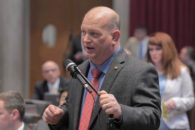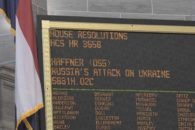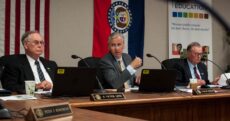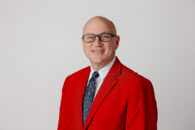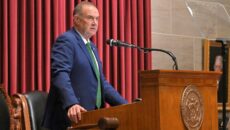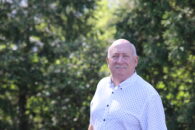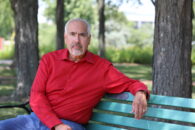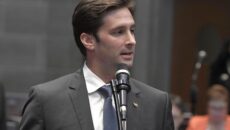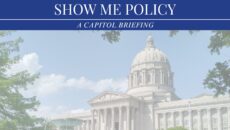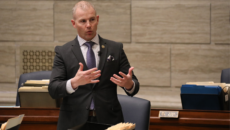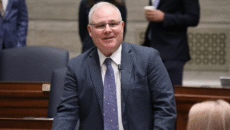JEFFERSON CITY, Mo. — Missouri schools are teaching “diversity, equity, and inclusion” and not critical race theory, Gov. Mike Parson said Monday following a contentious hearing on the subject in the legislature.
The Republican governor also stressed his reliance on “local control” and the ability of districts to create their own curriculum. In a series of tweets Monday evening, Parson said schools receive input from both parents and teachers and “know best how to address these topics.”
Parson’s tweets come on the heels of a contentious and at times emotional three-hour Joint Committee on Education hearing Monday afternoon. During the hearing, multiple witnesses were invited to speak against the teaching of so-called critical race theory in the classroom. Although a University of Missouri professor who aids Missouris schools with critical race theory curriculum was invited, he did not attend, and no one was on hand to speak in favor of the teachings.
Critical Race Theory (CRT) has no business being taught in Missouri classrooms — but the vast majority of our schools are not doing that. Missouri schools are teaching diversity, equity, and inclusion to help prepare our students for life and for the workforce… (1/3)
— Governor Mike Parson (@GovParsonMO) July 20, 2021
https://twitter.com/GovParsonMO/status/1417278372045074437
So what is critical race theory and the 1619 Project?
Although it certainly isn’t a new concept, critical race theory and the 1619 Project have emerged as a hot-button issue for those on the right, particularly in recent months.
Missouri’s Department of Elementary and Secondary Education (DESE) does not issue guidance or a definition of critical race theory to the state’s schools. It’s up to Local Education Agencies (LEAs) to build a curriculum, a DESE spokesperson said.
DESE typically does not collect data or information on the curriculum and materials LEAs provide, but it has been asked to survey them regarding the local use of critical race theory teachings, the spokesperson said. The department is in the process of compiling the questions to be sent to LEAs.
DESE chief of governmental relations Michael Harris told lawmakers a “vast majority” of Missouri schools do not teach critical race theory — a sentiment Parson later echoed.
Simply put, critical race theory is an academic and legal study of how racism has impacted the U.S. — from politics to culture and more. The 1619 Project, a New York Times undertaking, has faced criticisms about its accuracy.
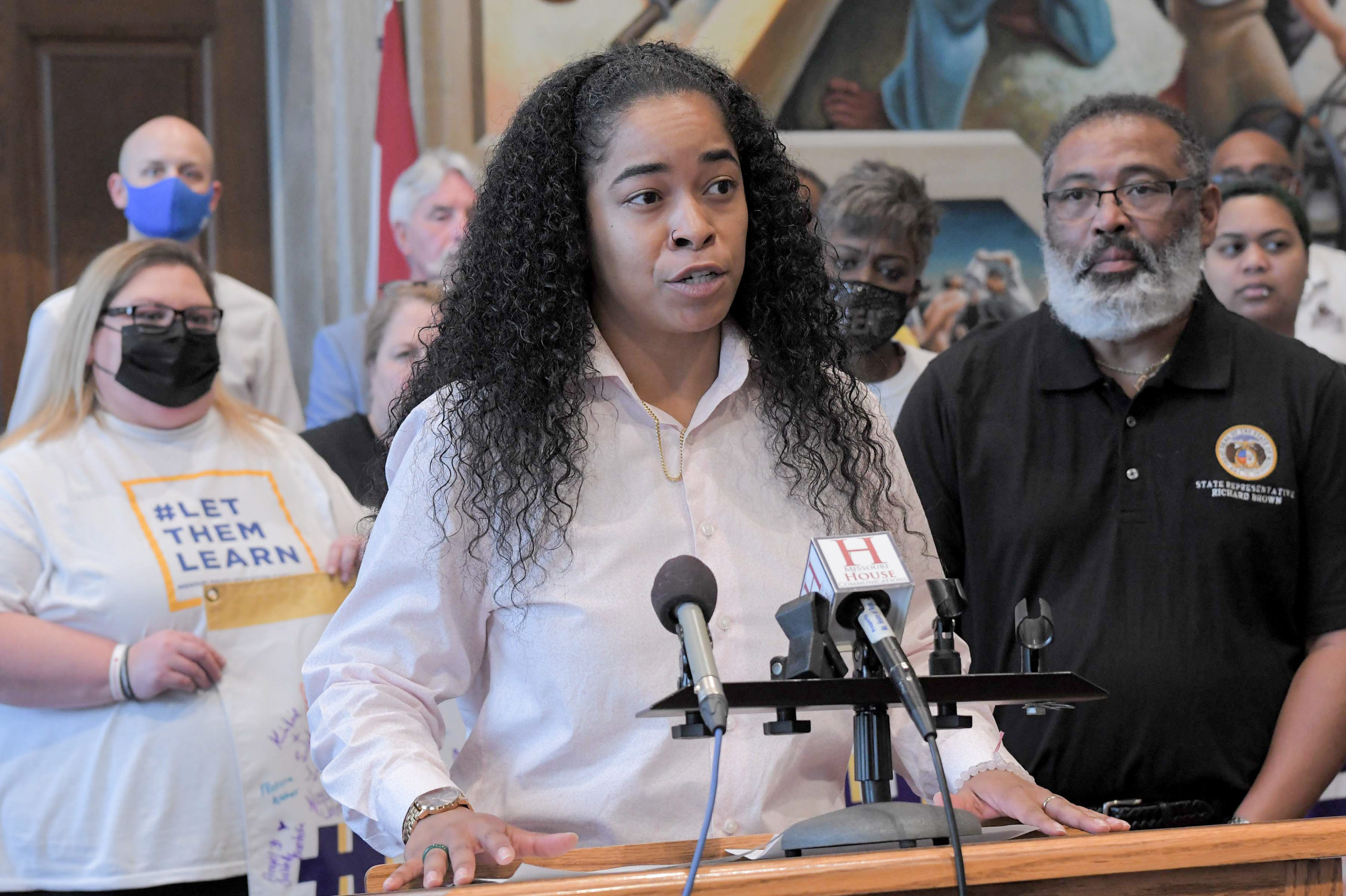
But data compiled by No Left Turn in Education — a grassroots organization supporting parents against critical race theory teachings — includes more than just race-related issues being taught in Missouri schools. Its nearly 60-page dossier pointed to a Webster Groves High School government class issuing a survey on students’ political affiliations and views on abortion, Springfield Public Schools considering curriculum for K-2 students addressing gender identity and expression, and a Webster Groves High School English assignment on gender identity and mental health that utilized a database promoting “left-leaning media outlets.”
The dossier, provided to The Missouri Times, also referenced a seventh-grade literacy class examining “power and privilege,” mandatory equity training for school employees, and an elementary school class studying an essay titled “Why Black Lives Matter.”
According to No Left Turn in Education’s website, “all too often words such as diversity, equity, inclusion, social justice, systemic racism, human rights education, and health education concealed an aggressive, radical totalitarian ideology.” Witnesses before the Joint Committee on Education claimed critical race theory was rooted in “Marxism” and made students feel guilty because of their gender, religious affiliation, or gender identity.
But educators and Democratic lawmakers pushed back on that narrative in a press conference following the hearing.
“This mindless anger is meant to chill educators from even broaching the subject of race in our nation which has been an undeniable part of our country since before its founding,” Rep. Ashley Bland Manlove told reporters following the hearing.
How have Missouri Republicans addressed the issue?
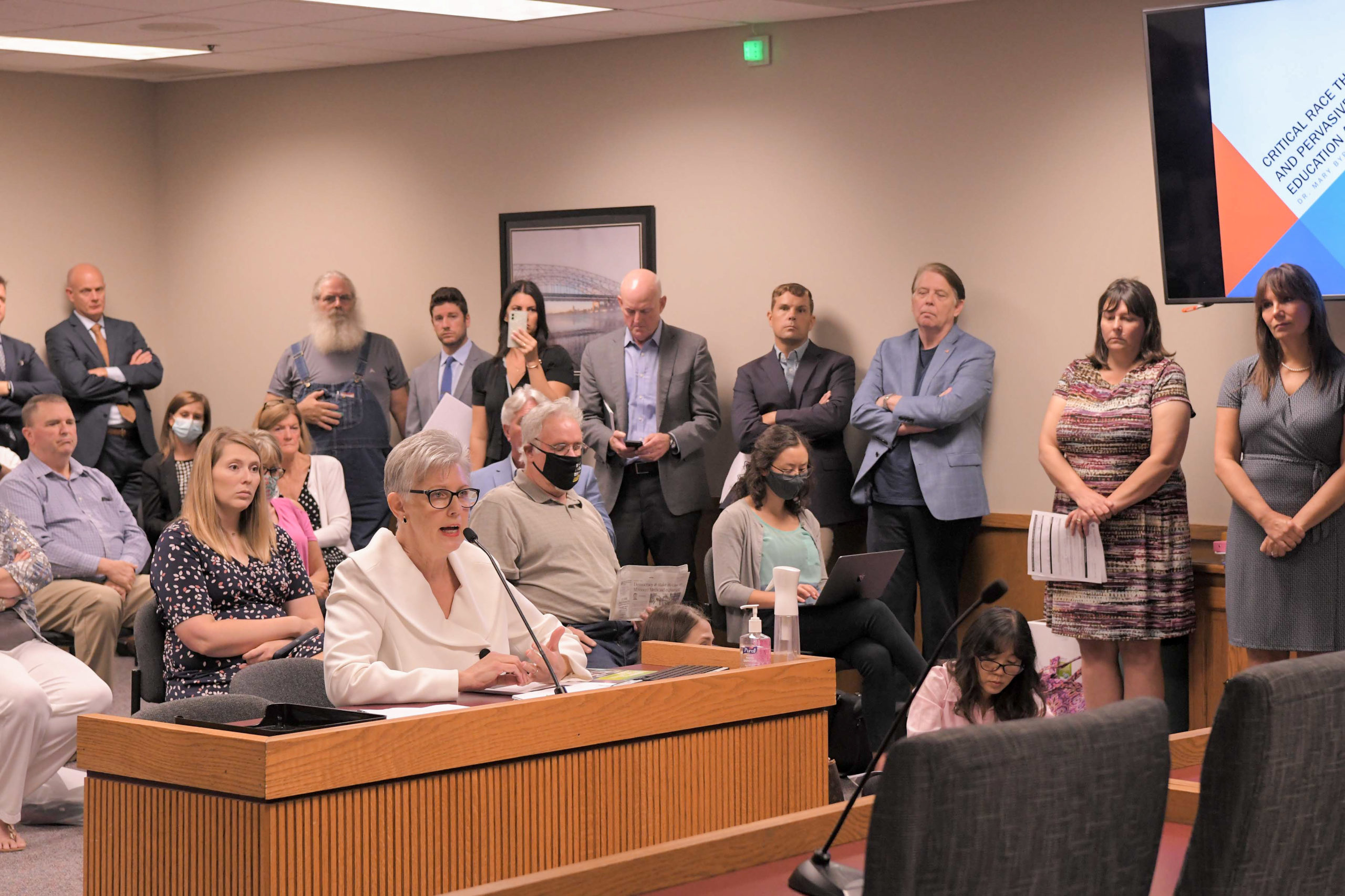
Prior to Monday’s hearing, lawmakers have implored Parson to issue an executive order and proposed legislation to ban critical race teaching curriculum.
Leading with a quote by former President Abraham Lincoln, Sen. Mike Moon and a bevy of Republican legislators asked the governor earlier this month to use his chief executive power to ban the teaching of so-called critical race theory prior to the start of the upcoming school year.
Here is the letter from Sen. @realmikemoon to @GovParsonMO imploring him to issue an executive order banning critical race theory and/or the 1619 Project from being taught in public schools. #moleg pic.twitter.com/815gfQ04oo
— Kaitlyn Schallhorn (@K_Schallhorn) July 6, 2021
Legislation from Sen. Rick Brattin failed to make it through the General Assembly during the regular session. And another bill introduced during the special session — which arguably fell outside the scope of the session’s call — also stalled after its introduction.
And last week, Republican state Reps. Doug Richey, Josh Hurlbert, and Chris Brown facilitate a “listening session” with Northland parents about critical race theory.
Cameron Gerber contributed to this report.

Kaitlyn Schallhorn was the editor in chief of The Missouri Times from 2020-2022. She joined the newspaper in early 2019 after working as a reporter for Fox News in New York City.
Throughout her career, Kaitlyn has covered political campaigns across the U.S., including the 2016 presidential election, and humanitarian aid efforts in Africa and the Middle East.
She is a native of Missouri who studied journalism at Winthrop University in South Carolina. She is also an alumna of the National Journalism Center in Washington, D.C.
Contact Kaitlyn at kaitlyn@themissouritimes.com.



